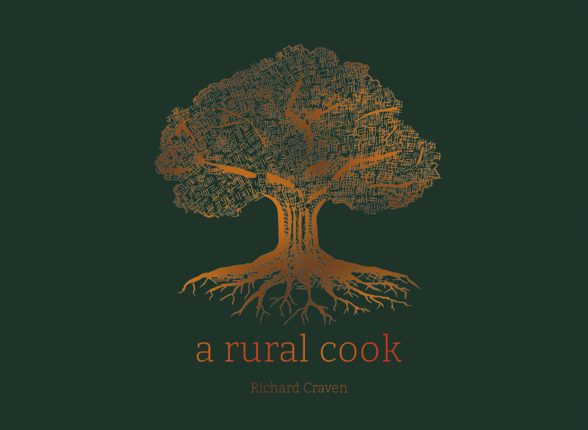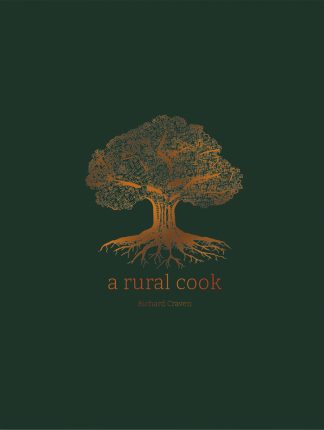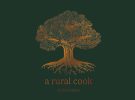The Field rounds up its chosen books to read for July
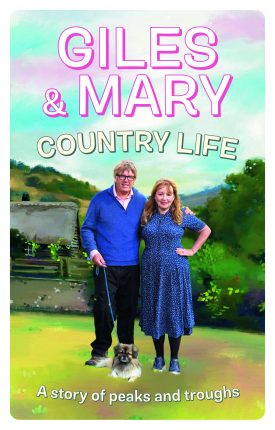
Giles & Mary: Country Life
by Giles Wood and Mary Killen
Giles Wood and Mary Killen are best known for their appearances on Gogglebox, which have gained them a dose of fame and an affectionate following. In real life, Wood is a rather good landscape painter and Killen an agony aunt and hard-working journalist on the social scene.
Neither are countrymen in the accepted sense. Thirty years ago they traded their meagre London life to buy a terraced ‘grottage’ in Wiltshire’s idyllic Pewsey Vale. Wood likes gardening and being antisocial, while Killen likes being driven to garden centres and bric-a-brac shops. ‘We live in the country for the view, the space and the privacy,’ writes Wood. ‘We don’t even know what the crops are until they sprout.’
In a book full of country-living cautions, wisdoms and sometimes unintentional humour, Wood and Killen have been pioneers of new rural dwelling. The sadness of the book is that, even after 30 years, they pine to be elsewhere and feel as if they don’t belong.
Reviewed by Rory Knight Bruce
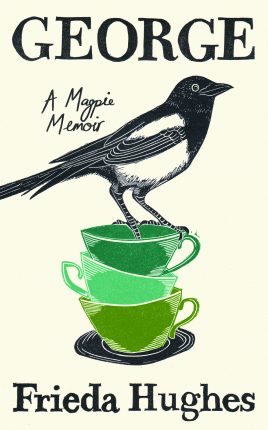
George: A Magpie Memoir
by Frieda Hughes
It is widely accepted that magpies are the enemy of other nesting birds, thieving their eggs and causing a general if colourful nuisance. When a fledgling magpie dropped, orphaned, into poet, artist and author Frieda Hughes’ beloved one-acre Welsh Border garden, she brought it inside and turned such notions on their head.
This is the diary of George and Hughes’ relationship with him. She has a superb way with birds and words. Jonathan Livingston Seagull this is not. She does not spare us the tooth and claw, so reminiscent of her father Ted, whom, this book makes clear, she adored even with his absences and failure in their rural Devon home to get her a pony, a dog or to school on time.
Hughes is patient with George and has the bird flying round the kitchen in no time. Inevitably, in the end, he is borne free from an open window. But other wings envelop the author: her home, in which she is at last safe and secure.
Reviewed by Rory Knight Bruce
A Rural Cook
by Richard Craven
We’ve all got our preferred cookery bible – the stained pages and broad, torn spines are the giveaway. These are unwieldy manuals that we turn to again and again when we need culinary guidance. (Mine’s the Ballymaloe Cookery Course by Darina Allen and about which I’m tediously evangelical.) But this is bigger and heavier than any weighty work by any foodie doyen.
Richard Craven is the chef patron at the Michelin-starred The Royal Oak in Whatcote, Warwickshire. And this mighty tome is quite difficult to categorise, as it’s as beautiful as any coffee-table book and is rather more than a cookbook. It begins with a potted biography, which details how Craven fell into his career after a rural upbringing, and then covers 12 years of the business in a diary style. The recipes are perhaps for the more competent cook and are photographed to induce maximum inelegant salivating. They are arranged seasonally and there’s much focus on wild ingredients, foraged and game. Mallard, woodcock, hare, muntjac and squirrel all feature.
Reviewed by Ettie Neil-Gallacher

No Pie, No Priest
by Harry Pearson
It’s difficult to recommend this book highly enough. The stories behind these sports – Gloucestershire’s shin-kicking, Lancashire’s crown green bowling – are diverting, but Harry Pearson is so effortlessly funny that I found myself snorting aloud while I read this on the Tube.
Indeed, he’s so engaging that it’s hard not to want to conduct one’s own tour to catch some of these games before it’s too late. Once you learn the terminology, the rules of Oxfordshire’s Aunt Sally are simple, if sanitised. It’s thought Royalist soldiers came up with the idea of throwing sticks at a target, with the latter being not a doll as used today but a live hen.
While some evolutions are understandable, there are disappointments. It’s sadly no longer compulsory for participants in Cumberland and Westmorland wrestling to sport the traditional long johns, embroidered singlet and velvet trunks.
But these folk sports are more than old-fashioned fun: ‘In small communities, they provide social cohesion, a core around which people can weave the threads of everyday life.’
Reviewed by Ettie Neil-Gallacher





